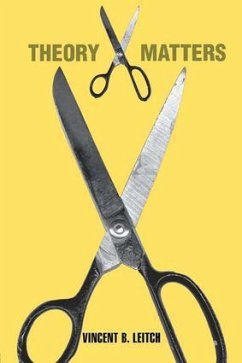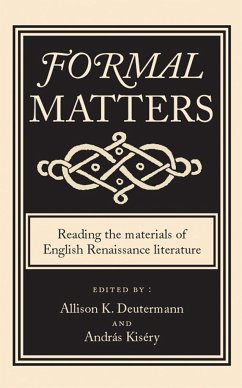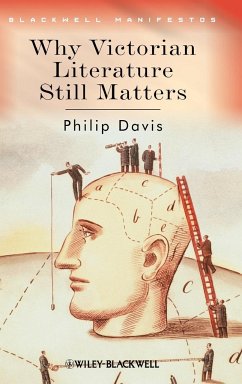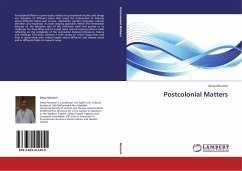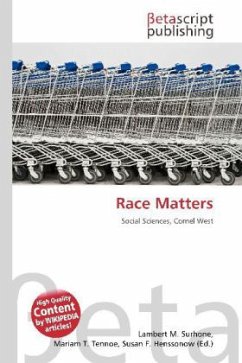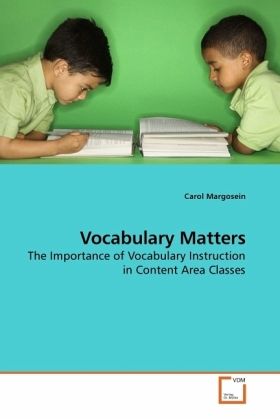
Vocabulary Matters
The Importance of Vocabulary Instruction in Content Area Classes
Versandkostenfrei!
Versandfertig in 6-10 Tagen
32,99 €
inkl. MwSt.

PAYBACK Punkte
16 °P sammeln!
Three sections of tenth grade economics-government classes were randomly assigned to two experimental conditions and one control condition. One class was taught the technical vocabulary as selected by the publisher, and the other experimental class was taught general vocabulary chosen by a criteria created by the researcher, while the control class had no changes made to its lessons. The two experimental classes were taught by the researcher the vocabulary for every chapter. At the beginning and at the end of the study,students were tested on the words,and given a standardized reading test. Th...
Three sections of tenth grade economics-government classes were randomly assigned to two experimental conditions and one control condition. One class was taught the technical vocabulary as selected by the publisher, and the other experimental class was taught general vocabulary chosen by a criteria created by the researcher, while the control class had no changes made to its lessons. The two experimental classes were taught by the researcher the vocabulary for every chapter. At the beginning and at the end of the study,students were tested on the words,and given a standardized reading test. The performance of each of the classes on these measures was analyzed to determine whether or not the students were learning the vocabulary that was being taught. The question being asked was: Will teaching general vocabulary lead to a greater increase in content vocabulary knowledge than teaching technical vocabulary alone?



